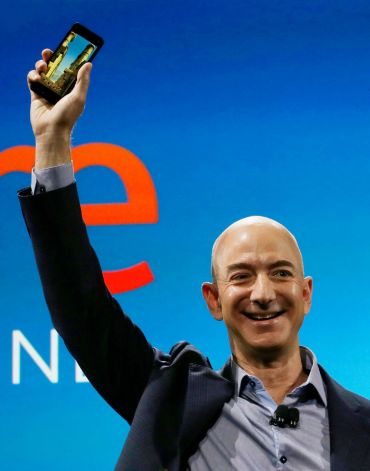
Mark Bower, today’s guest blogger.
Mark Bower steps in today to offer a guest blog on lawyers and politicians:
——————–
Several years ago, with considerable fanfare, our courts put in place a new Code of Civility. The Appellate Divisions recognized that the loss of courtesies and honor between adversaries was hurting the profession and the pursuit of justice.
After the initial fanfare, the code fell into widespread disuse, largely because our judges refuse to sanction abusers. With the desuetude of the code, the level of incivility has increased to the point that now, some attorneys are publicly musing about surreptitiously recording legal proceedings on their cell phones, so that the abuse can be documented and put on display. However, surreptitious recording is itself a form of incivility, and so the cycle goes ’round and ’round.
This is worsened by our judges’ belief that “fairness” requires everyone get a little of what they want, and sacrifice a little of what they want, so that if each side is denied 20 percent of what they asked for, that automatically is “fair.” Sort of like the wisdom of Solomon, except the cutting the baby in half merely produces two halves of a dead baby, and in today’s uncivil climate, one cannot count on one side to sacrifice their self-interest to save the baby’s life.
That one side might be clearly right, and the other clearly wrong, doesn’t matter; all that matters is that each side gets a little and loses a little, because that is “fair”.
Will McAvoy put it nicely: If the Republicans do fourteen ridiculous things, and the Democrats do one, does the media have to concoct and report thirteen fictitious things in order to be “fair and balanced”? (“The Newsroom,” season closer, “Election Night, Part II,” at approx. 41:30.)
The result of this misconceived calculus is that the more outlandish one’s demands are, the more one benefits by having an equal portion disallowed. Reasonablemess is disproportionately punished, while being outrageous is disproportionately rewarded. Misconduct is promoted, and good conduct discouraged.
This insanity is on full display in Washington. Although Grover Norquist’s stated goal is to shrink government to the size that it can be drowned in a bathtub; although Ted Cruz plainly stated he would shut down the government rather than allow the Affordable Care Act to go into effect; although most of the GOP wants to eliminate the Departments of Education, Energy, EPA, etc., and are delighted that they are shut down; in the interests of “fairness,” the mainstream media gives prominent play to grandstanding chickenhawk politicians who enthusiastically support the shutdown but pose with veterans at war memorials to glom onto their heroism, and give equal time to spinners who proclaim the shutdown to be the president’s fault.
Will McAvoy’s question hangs heavily in the air.
Our country’s international standing is going into the toilet, and we look like a nation of fools, but the right-wing is genuinely indifferent. If the USA defaults on its national debt, and the most secure and stable investment ever known to man becomes unpredictable and volatile, doubtless this will also be spun as the Democrats’ fault, and that Big Lie, too, will get equal play with the media.
Which brings me back to the demise of civility. The rules of discourse have changed on a broad scale. Fairness, candor, and honesty are devalued, and outrageousness and hyperbole rewarded. On the other hand, occasional displays of professional courtesy get nice recognition, but they are noteworthy because they are rare. The decline of civility, and its insidious effect on fairness, is a pervasive mindset problem, for which I see no ready solution.
 So Amazon.com introduced a new phone yesterday. And what does it do? It allows you to point it at some knick-knack you might want to buy and Amazon tells you how much you can buy it for from them.
So Amazon.com introduced a new phone yesterday. And what does it do? It allows you to point it at some knick-knack you might want to buy and Amazon tells you how much you can buy it for from them.